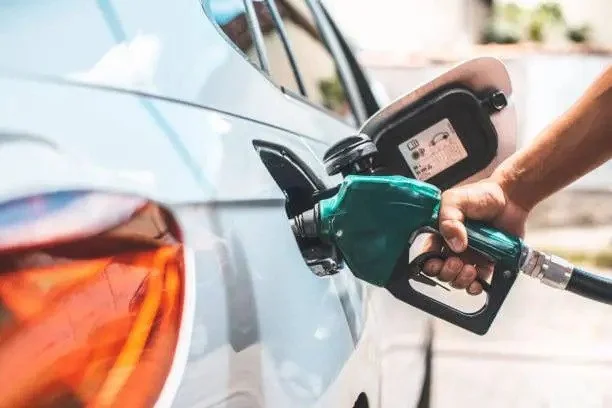Starting March 16, 2022, Ghanaian consumers will face a significant rise in fuel costs, with diesel expected to exceed GH¢10 per litre and petrol surpassing GH¢9, according to the Chamber of Petroleum Consumers Ghana (COPEC). “The ex-pump prices of diesel and petrol could increase by 24.33% averagely from GH¢8.22 per litre to GH¢10.22 per litre,” COPEC stated in a March 18, 2022, press release. This translates to a GH¢2 per litre average increase, pushing the cost of a gallon from GH¢37 to GH¢45.99. Liquefied Petroleum Gas (LPG) prices are also projected to climb by 23%, from GH¢9.80 per kg to GH¢12.04, raising the cost of a 14.5kg cylinder to GH¢174.58.
Global and Local Factors Driving Costs
COPEC attributes the price surge to a combination of soaring global crude oil prices and the Ghanaian cedi’s sharp depreciation. Between the first and second pricing windows of March 2022, Free On Board (FOB) prices rose significantly: petrol by 19.28% (from $917.48/MT to $1,094.33/MT), diesel by 34.57% (from $845.50/MT to $1,137.78/MT), and LPG by 17.42% (from $845.93/MT to $993.25/MT). “Crude oil prices have increased by 21.24% from $99.87 to $121.08 per barrel,” COPEC noted, citing National Petroleum Authority (NPA) data. Additionally, the cedi depreciated by 9.71% against the dollar, moving from GH¢6.8360 to GH¢7.5000, further inflating import costs.
Reinstatement of Fuel Levy
The reinstatement of the Price Stabilization and Energy Recovery Levy by the NPA, after a three-month suspension in 2021, has also contributed to the price hike. This levy, a key component of fuel pricing, was reintroduced despite calls from COPEC for its withdrawal to ease consumer burdens. “COPEC has called for the withdrawal of the levy and… a dual pricing module to stabilize fuel prices,” the statement emphasized, highlighting the economic strain on Ghanaians amid rising commodity costs driven by fuel prices.
Economic Impact and COPEC’s Advocacy
The fuel price increase is expected to exacerbate Ghana’s economic challenges, with inflation already at 19.4% in March 2022, per the Ghana Statistical Service. “The cedi’s sharp depreciation… is pushing fuel prices to unsustainable levels,” COPEC’s Executive Secretary Duncan Amoah warned, urging the government to adopt measures like the dual pricing module to mitigate impacts. The price hike affects transportation, food, and other essentials, further eroding purchasing power in a nation where 28.6% of the population faced moderate food insecurity in 2022, according to the World Food Programme.
Looking Ahead
As of August 2025, fuel prices remain a pressing issue, with petrol at GH¢14.99 per litre and diesel at GH¢15.72 in December 2024, per Citi Newsroom. COPEC’s projections underscore the need for structural reforms to address currency depreciation and global oil price volatility. “The government must act to cushion consumers,” Amoah reiterated, reflecting ongoing advocacy. Without intervention, such as suspending taxes or securing stable foreign exchange, Ghana’s economic strain could deepen, impacting households and businesses reliant on affordable fuel.






